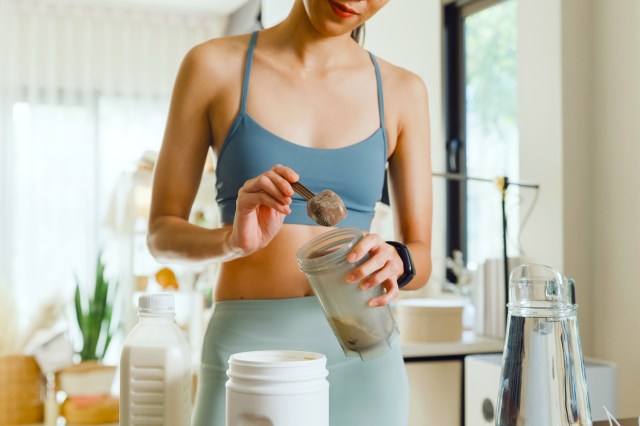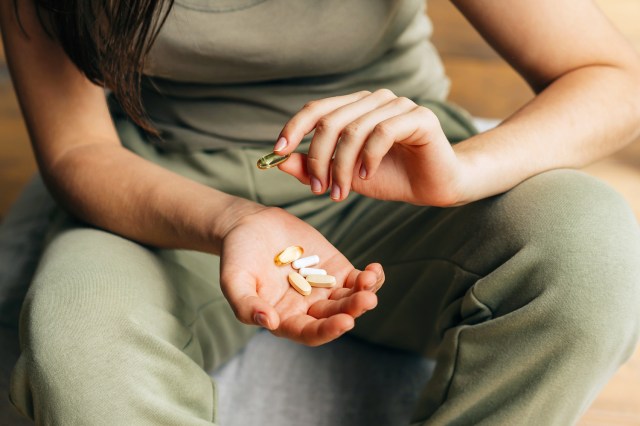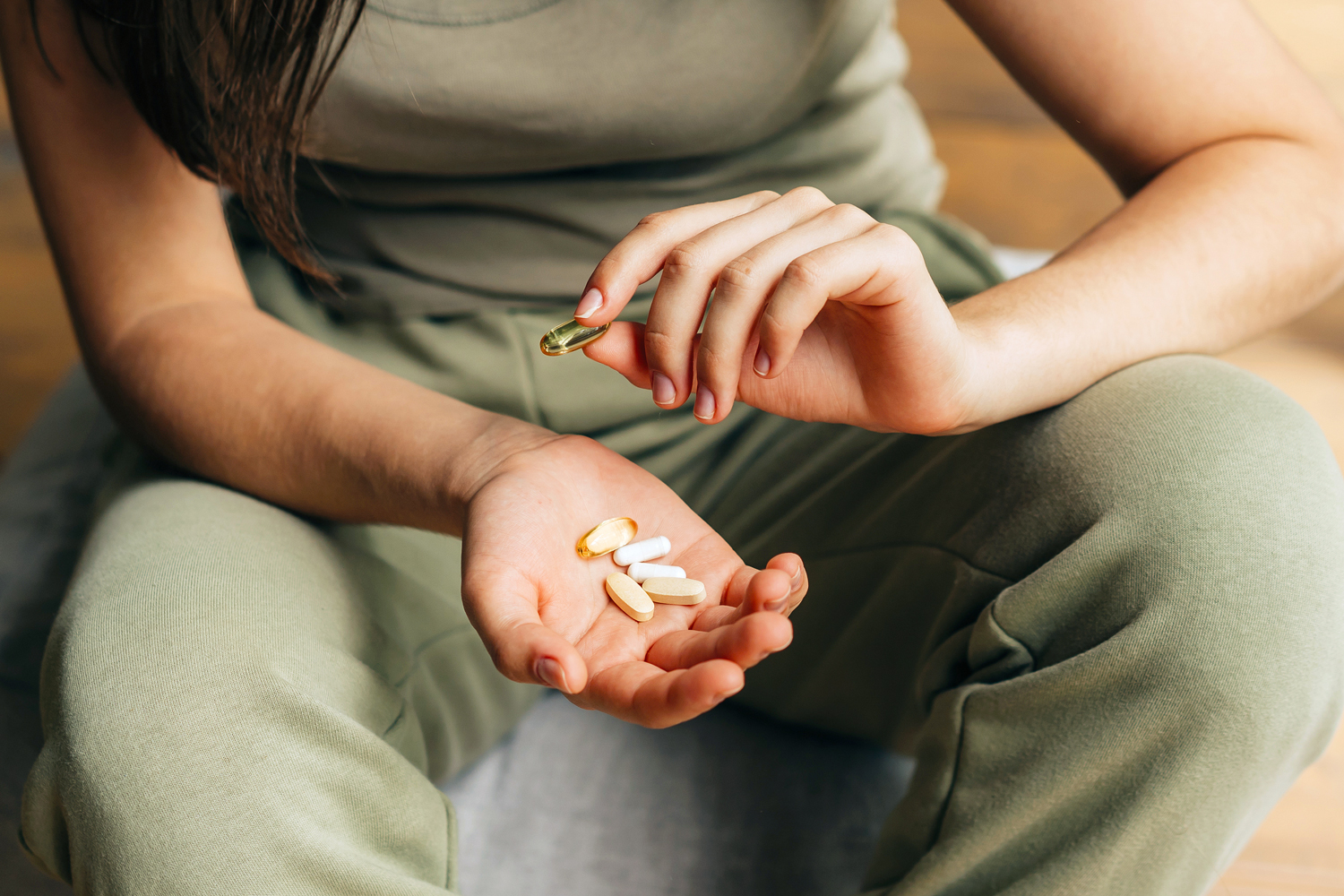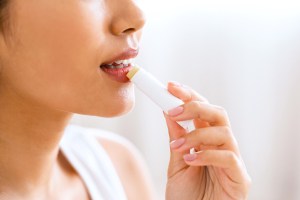Wellness buzzwords go in and out of the zeitgeist faster than you can typically keep up with them. But probiotics have remained trending on their own as supplements, and marketed as a gut-healthy ingredient in foods such as yogurt and kombucha. But what do they actually do? And more importantly, do you need them?
“Probiotics are bacterial microorganisms that are beneficial to human health, which is why they are sometimes called friendly flora,” says Stacie Stephenson, D.C., a functional and integrative medicine doctor. “You might think of bacteria as a bad thing, and pathogenic bacteria can indeed make people sick. Probiotics, however, are the good kind of bacteria.”
On average, each person has around 100 trillion microbes inside the body at all times, which make up the microbiome, Dr. Stephenson explains. The bacteria that live in the large intestine help aid your digestion and support your immune system, and it’s important to maintain and feed them so your body can function properly.

What Do Probiotics Do for Your Gut?
According to Dr. Stephenson, probiotics are instrumental in digestion. “Much of the food you eat is digested before it gets to the large intestine — aka the colon — but fiber and resistant starch, sometimes called prebiotics when packed into supplements, are not digested,” she says. “When they get to the colon, they are digested not by you but by your gut bacteria. Fiber and resistant starch feed your friendly flora.” This can be accomplished through food or supplements.
Feeding the friendly flora can help prevent digestive issues, such as “irritable bowel syndrome, Crohn’s disease, lactose intolerance, and allergies,” Dr. Stephenson says. By contrast, adding foods that are heavy in sugar and fat feed the harmful bacteria in your gut that can cause discomfort and inflammation.

How Are Probiotics Tied to Vaginal Health?
Probiotics can help restore the damage done by antibiotics, which can kill off the healthy bacteria in your body. That reduction in healthy bacteria can result in a yeast infection. In the attempt to rid your body of a harmful bacterial infection that’s making you sick, antibiotics often also kill the good bacteria that’s keeping your vagina healthy and balanced. If you’ve ever noticed a yeast infection sprouting up after taking a cycle of the medication, this is why. “If you take probiotics regularly, you may be even better protected from yeast infections,” Dr. Stephenson says. “Even if you never take antibiotics, I think a regular regimen of probiotics is the best insurance policy for balance and good vaginal health.”
Dr. Stephenson notes that women, in particular, can benefit from probiotics more than men, because they are also more prone to digestive problems. When it comes to popping a probiotic for a UTI, some studies have suggested that taking probiotics can help benefit urinary health; however, there’s just as much research noting there’s no proven effect, so more studies are needed before there can be a definitive answer. It could be worth a try if you struggle with frequent UTIs, but make sure to talk to your doctor to rule out any other issues. Eating foods that are rich in probiotics, such as yogurt, kefir, lacto-fermented vegetables, fermented soy, and sourdough bread also can be helpful in keeping your whole body healthy.

Should You Take Probiotics?
According to Dr. Stephenson, everyone can benefit from taking probiotics as they are, in general, safe for most people. However, make sure to speak to your doctor before adding any new supplements to your diet. Your physician can discern whether they could cause problems interacting with any other medication you’re taking.
“You already have so many probiotics living inside you that sending in a few more troops is unlikely to cause any problem,” Dr. Stephenson says. “However, in rare cases, people with a suppressed immune system may have a bad reaction. While probiotics are generally effective at relieving digestive issues, large doses might cause some digestive issues like gas or bloating.” Dr. Stephenson recommends following the dosage instructions on the package of any probiotic supplements.
This article is for general informational purposes only.
Affiliate Disclaimer Medical Disclaimer












 Unique Beauty is free for all users.
Unique Beauty is free for all users.